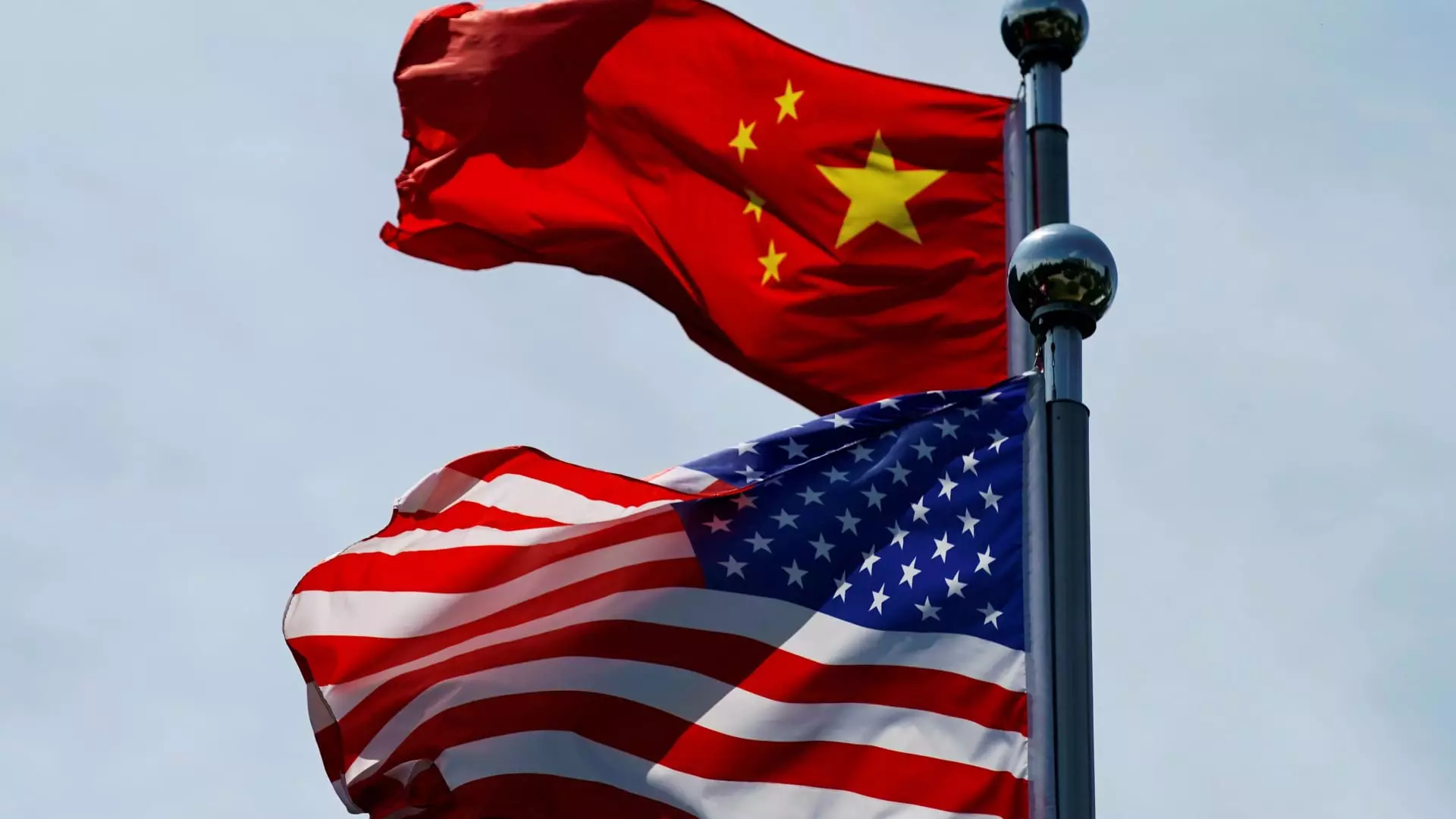The escalating trade war between the United States and China is quickly becoming a dangerous game of economic chess, with both nations positioning themselves for potential victory, but at what cost? The latest announcement from the U.S. government about imposing additional tariffs on Chinese imports—now totaling a staggering 20%—risks deepening the fissures in bilateral relations. From my center-right perspective, it’s evident that these tariffs serve more as a political posturing than a long-term solution to trade imbalance.
China’s rejection of additional U.S. tariffs reflects its longstanding strategy of counter-measures aimed at fortifying its economic sovereignty. The Ministry of Commerce asserts that these tariffs will hinder not just trade relations but also the prospect of future cooperation. Retaliatory tariffs on U.S. agricultural goods, especially, reflect a targeting of the heartland—a region critical to American politics. This strategy showcases the ripple effects of such tariffs which do not merely impact foreign goods but also inadvertently hurt American farmers.
The mounting tariffs serve not just economic purposes but also dramatic political narratives. By expanding the already hefty average tariff rate from a previous 13% to around 33%, the Biden administration is engaging in scrutiny that mirrors the attitudes of the Trump era. It appears that both sides of the political aisle are caught in a vicious cycle of showcasing strength to their respective bases, but with neglect for actual economic ramifications. This political theatre ultimately aggravates the trade relations we desperately need to improve, as it drives both nations into isolationist corners rather than fostering dialogue.
American consumers are not immune to this escalating economic conflict. With tariffs targeting a wide range of consumer goods, from electronics to apparel, it’s the average American who will feel the pinch. Increased costs are likely to filter through retail prices, leading to inflationary pressures that the economy can ill afford. In a market that relies heavily on imports from China, the ramifications are particularly unsettling for middle-class families who are already grappling with rising costs of living. It begs the question: are we really prepared to escalate a conflict that essentially diminishes the quality of life for American citizens?
What intensifies this situation is the risk of an economic cold war. Both countries might stand firm in their convictions, but the likelihood of losing sight of mutual benefits in commerce is ever-increasing. Should retaliatory measures become entrenched, U.S.-China trade relations may lead to long-lasting scars, further isolating both economies from global cooperation. A sensible approach needs to be taken rather than digging trench lines on both sides. We must focus on finding common ground, protecting American interests while allowing for a fair and balanced trade environment.
Through these lenses, the escalating trade war appears less as a solution and more as a self-imposed crisis that could harm everyone involved.

